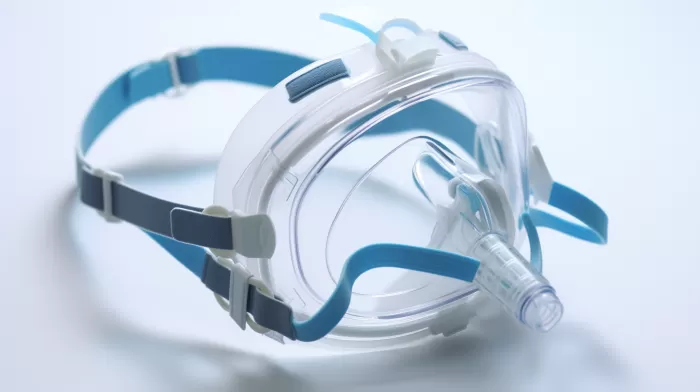Sleep Apnea: The Silent Threat to Your Health
Did you know that a staggering 25 million Americans are battling a severe health condition with consequences that affect major organs like the heart and brain? The culprit: obstructive sleep apnea. According to the National Healthy Sleep Awareness Project report, sleep apnea can significantly increase the risk of heart disease, hypertension, depression, stroke, and type 2 diabetes.
American Academy of Sleep Medicine President, Dr. Timothy Morgenthaler – a national spokesperson for the Healthy Sleep Project – says, “Obstructive sleep apnea is destroying the health of millions of Americans, and the problem has only gotten worse over the last two decades. The effective treatment of sleep apnea is one of the keys to success as our nation attempts to reduce healthcare spending and improve chronic disease management.”
The Mechanics of Sleep Apnea
Obstructive sleep apnea occurs when your breathing is interrupted while asleep. It is caused by restriction of your breathing passages when the muscles at the back of your throat relax. Several factors are associated with an increased risk of developing sleep apnea, including being overweight, aging, alcohol consumption, and smoking.
Warning signs of sleep apnea include gasping, breathing pauses, snoring, and choking while asleep. Experts estimate that over one in four Americans between the ages of 30 and 70 have this condition.
Sleep Apnea’s Impact on the Brain
Sleep apnea not only affects the quality of your sleep but also has a detrimental impact on your brain. Research involving brain imaging of people with sleep apnea indicates that the condition impairs brain areas responsible for memory clarity and alertness. However, a year of continuous positive airway pressure (CPAP) therapy can potentially reverse the damage caused.
CPAP therapy involves wearing a mask while sleeping that sends air into your lungs and prevents breathing interruptions. By using CPAP therapy, studies have shown that the rate of cardiovascular complications following surgery can be significantly reduced.
Recognizing and Addressing Sleep Apnea
Formally diagnosing sleep apnea requires a sleep test, which can be conducted at a specialized sleep center or at home using a portable monitor. Once diagnosed, there are several treatment options available, including lifestyle changes, the use of oral appliances, CPAP therapy, and in more severe cases, surgery.
Lifestyle changes that help manage sleep apnea include:
- Losing weight: Obesity has been linked to a higher risk of developing sleep apnea, as it leads to increased fat deposits in the upper airway, obstructing airflow.
- Avoiding alcohol and sedatives: These substances cause muscle relaxation in the back of your throat, exacerbating the obstruction of your airways.
- Changing sleep positions: Sleeping on your side can potentially help alleviate sleep apnea symptoms.
Oral appliances can also be an effective and less invasive way to treat mild to moderate obstructive sleep apnea. A dentist who specializes in treating sleep apnea can customize an oral appliance to reposition your jaw and maintain an open, unobstructed airway while you sleep.
As mentioned earlier, CPAP therapy is another treatment option, particularly for those with moderate to severe sleep apnea. CPAP machines come with a variety of masks and settings to cater to individual needs and preferences, and regular use can reduce the risks associated with sleep apnea.
In severe cases where other treatments have not been successful, surgery may be recommended. Surgical options include uvulopalatopharyngoplasty – the removal of excess tissue in the throat to widen the airway – and maxillomandibular advancement – a procedure that moves the jaw forward to create more space behind your tongue and soft palate, reducing the risk of airway obstruction.
The Takeaway
Untreated sleep apnea poses severe risks to your health, but with proper diagnosis and management, these risks can be minimized. If you suspect you or a loved one has this condition, consult a healthcare professional to discuss your concerns and explore potential treatments.
Remember, a good night’s sleep is crucial to maintaining overall health and well-being, so don’t let sleep apnea stand in the way of restorative rest and a higher quality of life.



